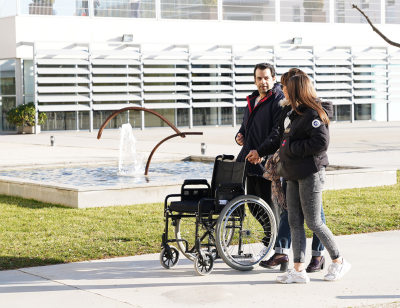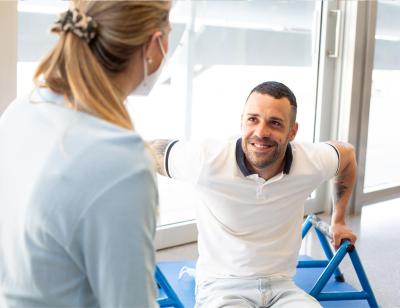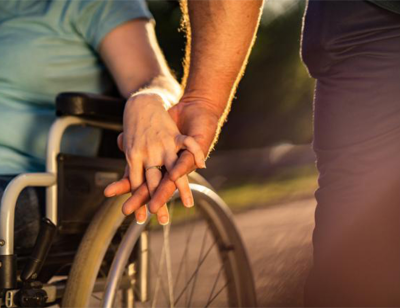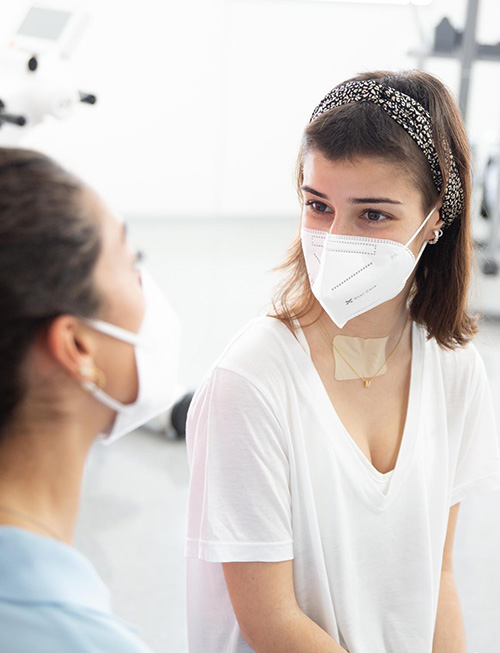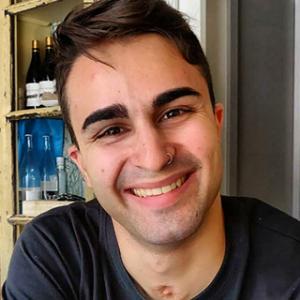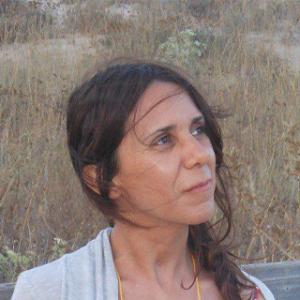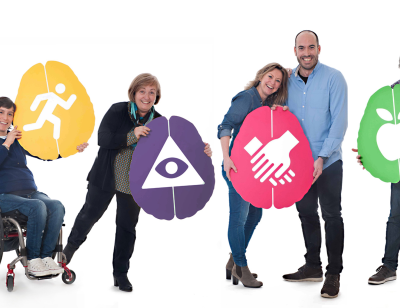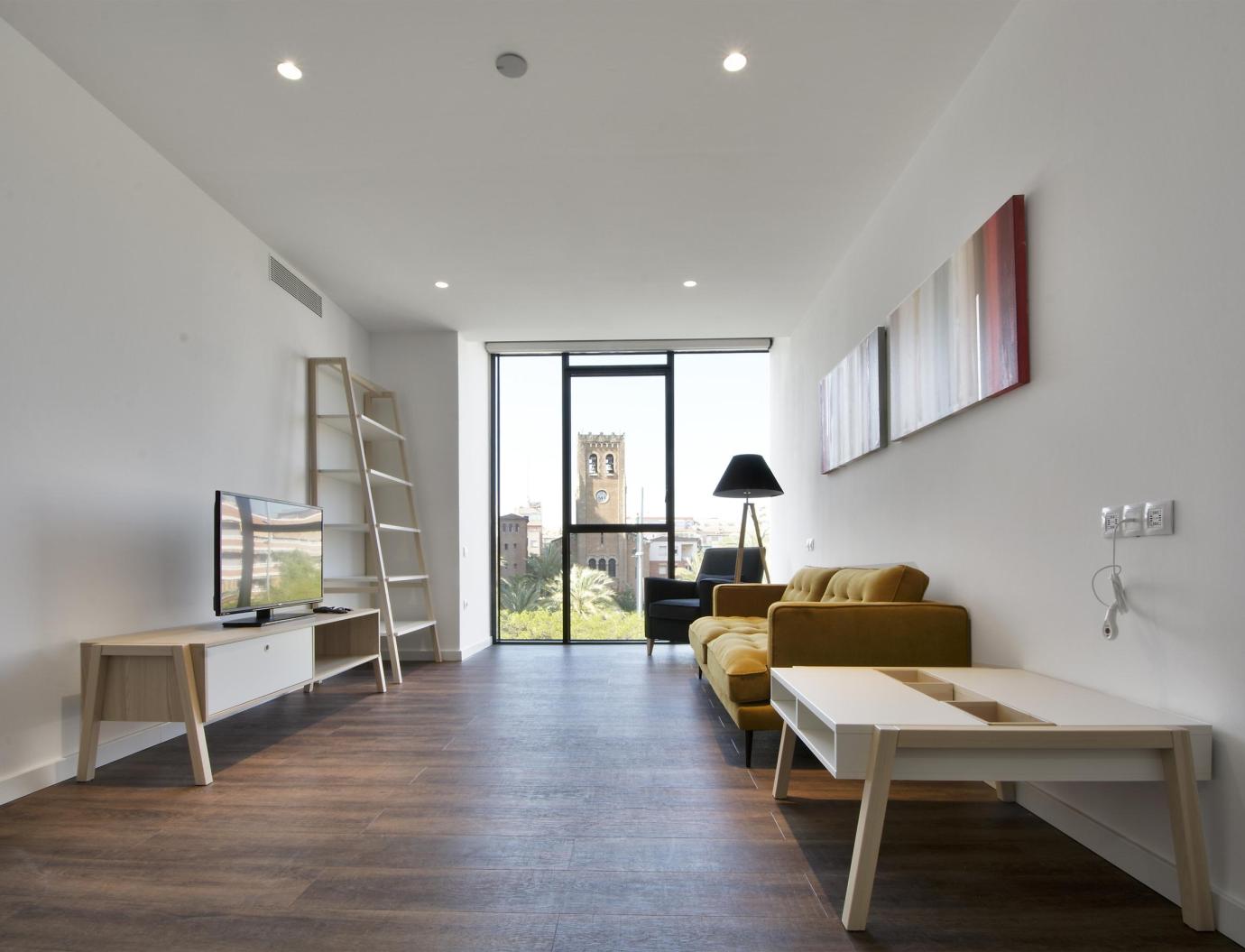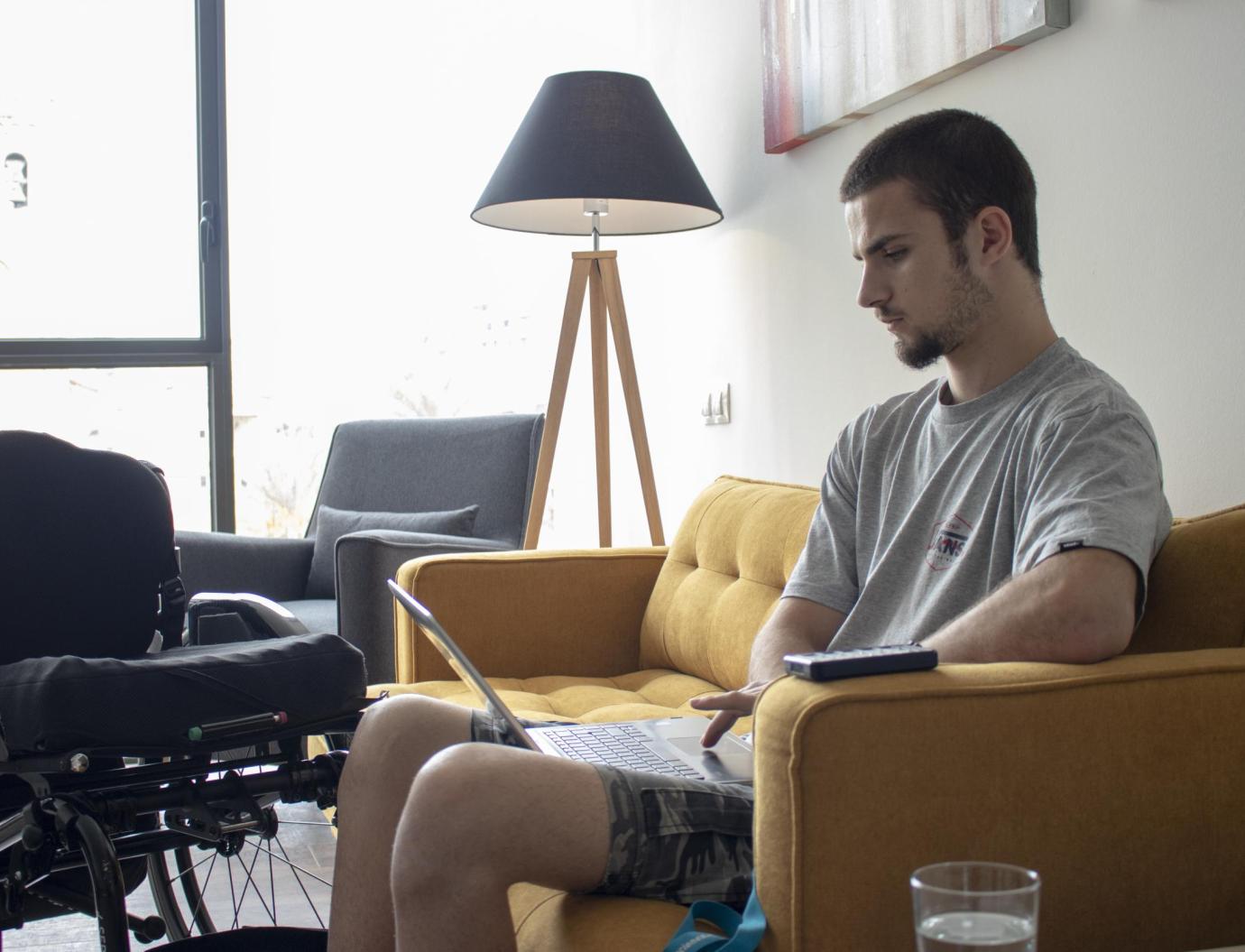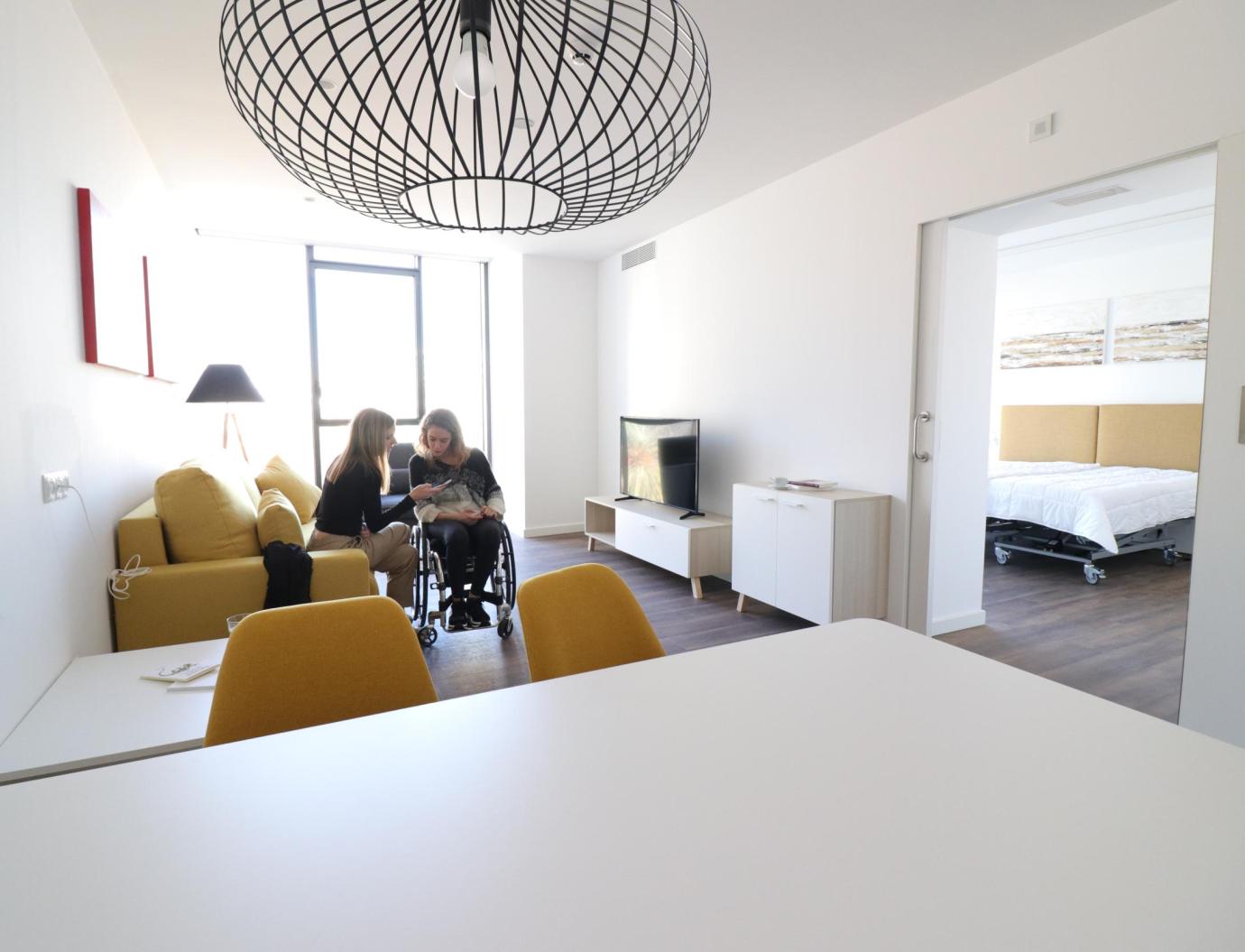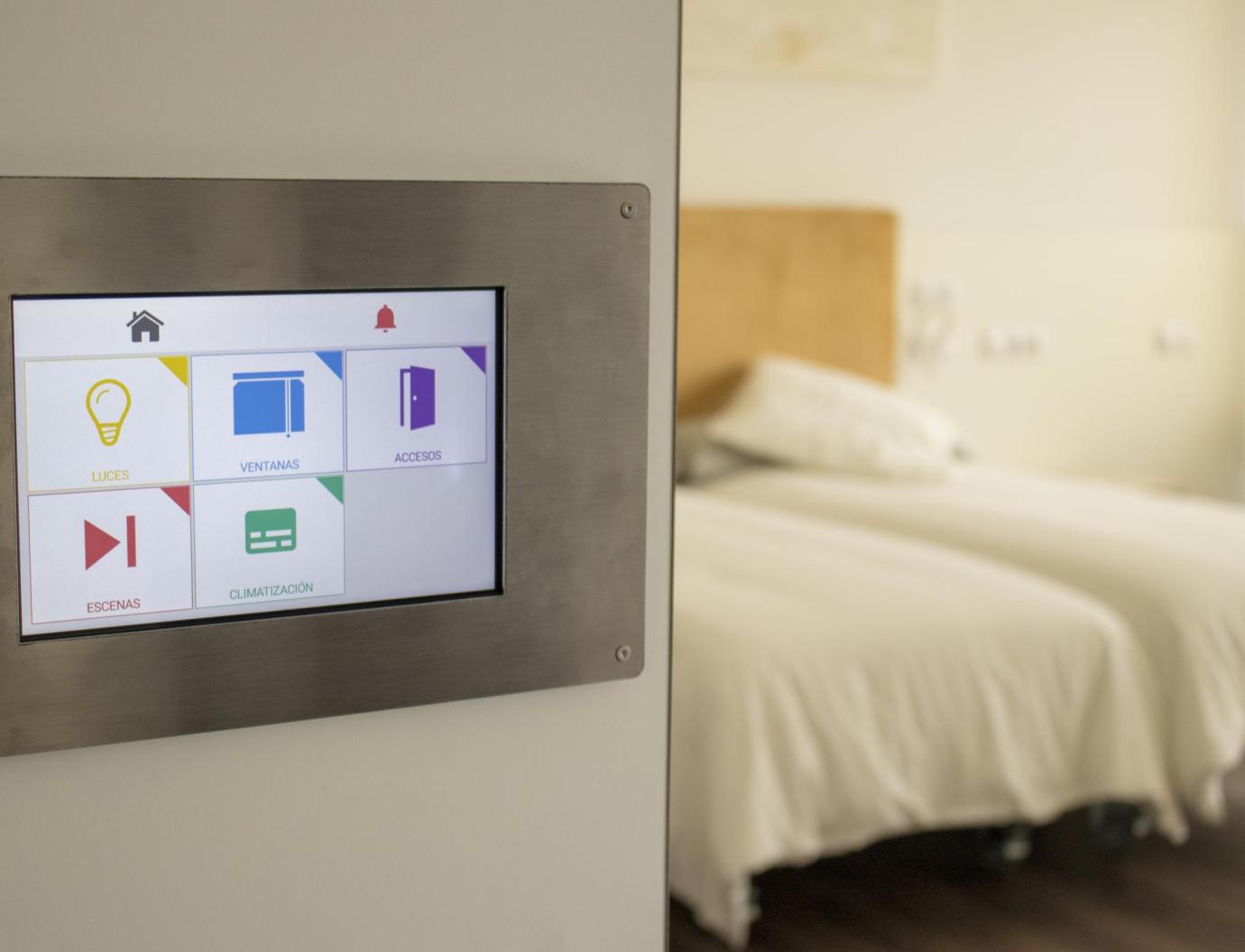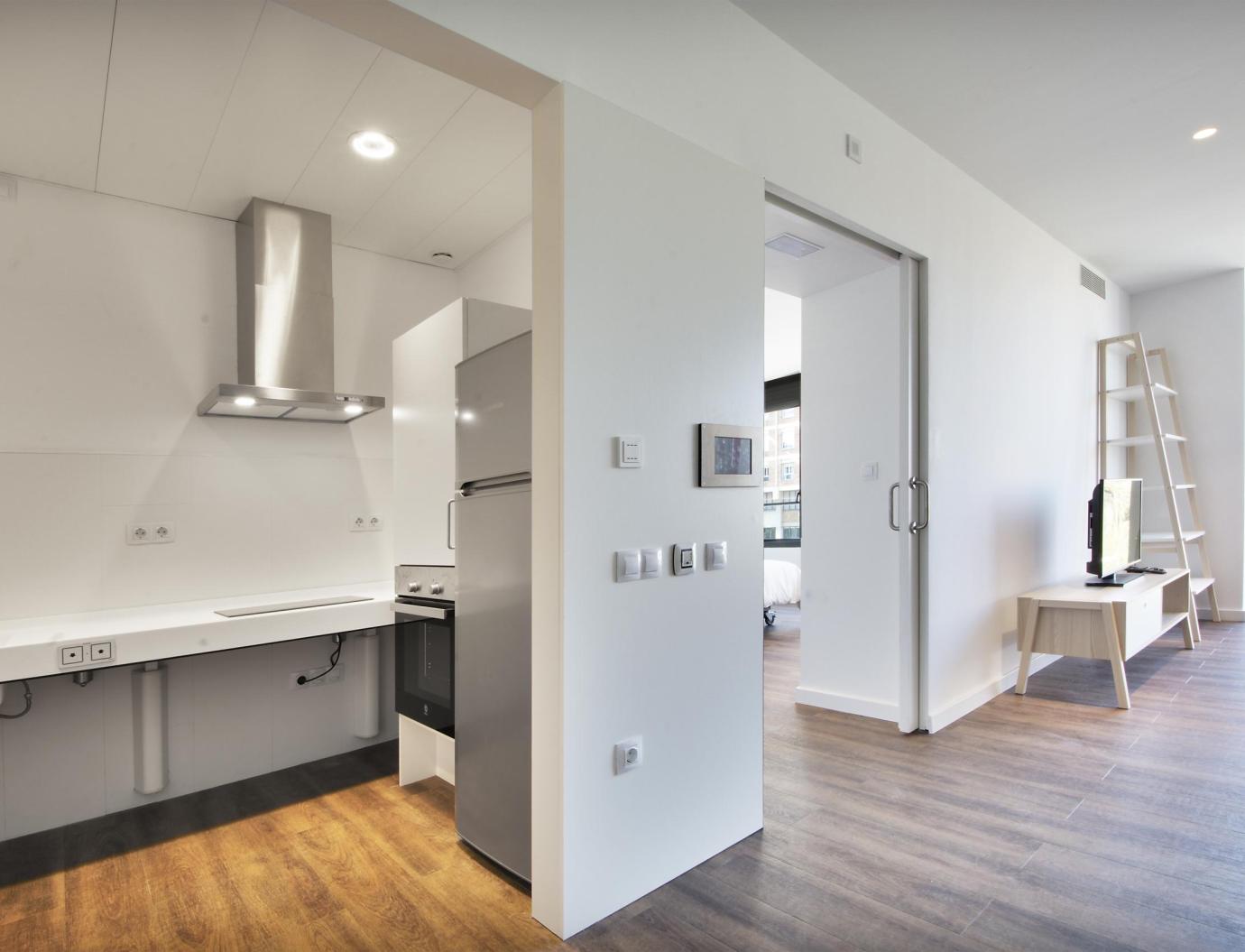Meet the Neurorehabilitation Team
Traumatic brain injury
After traumatic brain injury: sequelae
The first consequence of the post-traumatic injury is usually an altered state of consciousness: coma. Its intensity and duration will vary and can sometimes last for months, causing significant long-term consequences.
- Disorders at the sensory level (touch, smell, sight, etc.).
- Movement and gait disorders (quadriplegia and hemiplegia).
- Swallowing disorders.
- Motor coordination, muscle tone or spasticity disorders.
- Impaired sphincter control.
As regards neuropsychology (the effect on higher functions), we see a wide variety of cognitive and behavioural deficits that may occur with varying intensity as a result of a brain injury. The main cognitive functions that can be altered are:
- Attention and concentration.
- Memory and learning.
- Reasoning and intelligence.
- Language and speech, etc.
- Changes in behaviour and emotion.
These changes tend to occur at different frequencies; however, they tend to alter the patient's ability to acquire, store and retrieve new information. The result of cognitive dysfunction is a loss of social relations and the emergence of anxiety in the family, in addition to difficulty returning to the educational or work situation the patient was in before the accident.
Rehabilitation of traumatic brain injury at the Institut Guttmann
Recovery after a brain injury will depend on the extent of the injury, and in the most severe cases it is difficult despite advances in neurology and research into substances that could help promote nerve regeneration. However, neurorehabilitation has methods available to help the person affected by brain injury to optimise the recovery of their individual functions, enhance their preserved capabilities and help them adapt to their limitations to achieve the highest possible level of autonomy.
Outcomes of the rehabilitation process
Rehabilitation of traumatic brain injury in later phases
People with sequelae of a traumatic brain injury who want to follow intensive and personalised training and rehabilitation programmes to optimise their functional capacity or address specific problems resulting from their neurological impairment once their rehabilitation process at the Institut Guttmann or any other centre has ended can do so thanks to Guttmann Barcelona.
At Guttmann Barcelona we offer the very best personalised neurorehabilitation treatments after a traumatic brain injury.
Get back your quality of life. At Guttmann Barcelona we offer you the personalised treatment you need.
Guttmann Barcelona
The Guttmann Barcelona, Brain Health and Neurorehabilitation Institute offers personalised training and function improvement programmes, as well as specialised intensive programmes.
Active Life
A programme for empowerment, community training and starting independent living.
The Active Life programme is an innovative programme that goes one step beyond the traditional vision of hospital rehabilitation. The aim is to ensure that people regain the maximise amount of functional autonomy, as well as their ability to make decisions and manage their own lives according to their own lifestyle in an active and participatory way.
The origin of this initiative stems from the need to transfer learning and skills acquired during the rehabilitation process to the community environment. This facilitates adaptation and helps normalise the person’s new situation within the community.
This programme is adapted to the specific needs of each person and can be carried out whenever they need to acquire skills to learn to live independently.
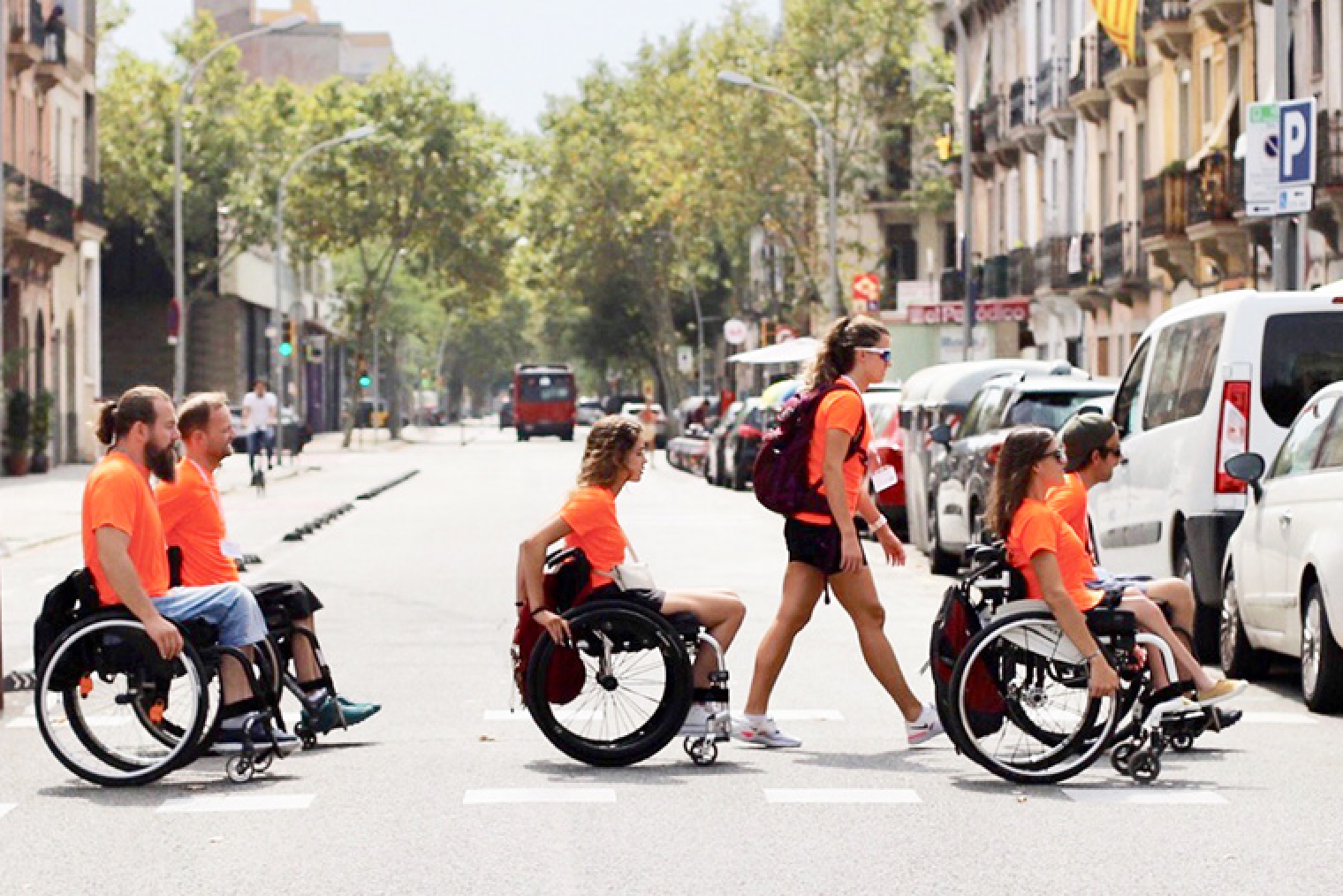
Preparing to return home
This programme is specifically aimed at people affected by the aftermath of a stroke or brain injury. The onset of a disability means adapting to a new way of living and returning home can fill the patient with fears and anxiety. In these cases, we offer the possibility of following intensive outpatient rehabilitation treatment and complementing this with a stay in an adapted apartment with a family member or main caregiver. The aim of the programme is to empower the caregiver and the individual to manage daily activities, dressings and even rehabilitation, playing an active role in the process of regaining independence and returning home. The programme combines a stay in an apartment with rehabilitation treatment and includes the intervention of a professional member of staff in cases where specific help or training is required.
A space that is adapted and designed for you
GBL apartments
Guttmann Barcelona Life is a social facility consisting of a group of fully adapted and automated apartments that offer a wide range of complementary services tailored to each user.
The apartments share a building with the Guttmann Barcelona Brain Health and Neurorehabilitation Institute, so it is possible to combine a stay with a specialised neurorehabilitation treatment.
References on traumatic brain injuries
Intervenciones de rehabilitación en traumatismo craneoencefálico: consenso multidisciplinar. IN08/2010. Barcelona: Agència d’Informació, Avaluació i Qualitat en Salut. Pla director sociosanitari. Departament de Salut. Generalitat de Catalunya; 2010.
Traumatic brain injury. Rehabilitation Medicine Quick Reference. David X. Cifu, MD and Deborah Caruso, MD. Demos Medical Publishing, New York. 2010
